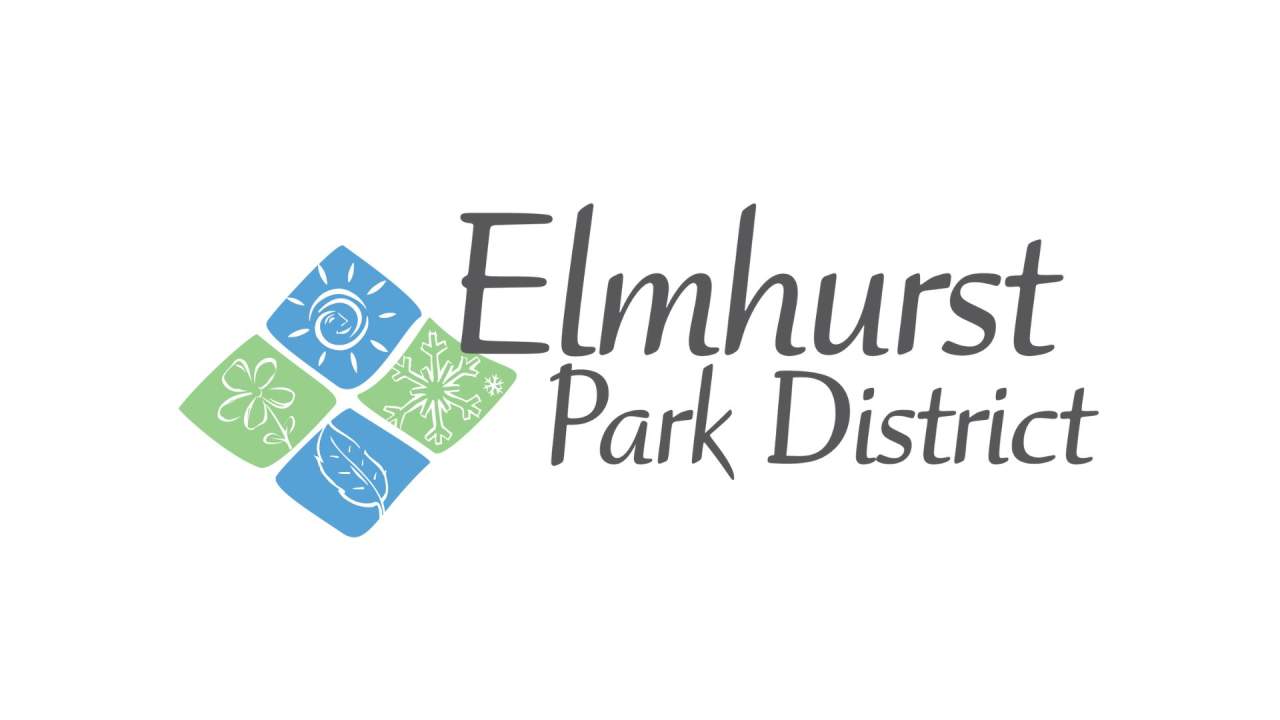Summary
- The Park District’s 2021 Budget reflects a year of transition as part of a slow and gradual recovery including the reopening and expanding of facilities, programs and services as the COVID-19 vaccine becomes wider-spread, mandated capacity and social distancing restrictions are lifted, and more participants become comfortable to return to indoor programs and services.
- As compared to the 2020 Budget, non-tax revenues and operating expenses are decreasing significantly due to the impacts of the pandemic.
- The Park Board will hold a public hearing and continue discussing the proposed budget on March 8 and consider approval of the 2021 Budget document and Budget and Appropriation Ordinance on March 22. To participate in the meeting/hearing, visit the Park District website at www.epd.org and follow the link under the About menu to Park Board-Board Meeting Agendas & Minutes.
In 2019, as the Board and staff planned for 2020, there was much optimism about the 100th anniversary celebration and the Vision 2020 Plan larger scale projects. However, due to the COVID-19 pandemic, the Park Board and staff had to pivot strategic priorities and operations to remain financially agile while complying with State and public health agency requirements and guidelines such as closures and limits on certain activities/facilities, capacity restrictions, social distancing requirements, and enhanced cleaning and disinfection protocols. As the pandemic continues into 2021, its long-term impact cannot completely be understood; however, the Board and staff continue to make decisions to protect the District’s long-term financial sustainability. The proposed 2021 Budget reflects this philosophy such as remaining conservative with spending while continuing to address community needs as articulated in the Vision 2020 Comprehensive and Strategic Plan.
Below are five sections that summarize the major 2021 Budget highlights.
1. As compared to the 2020 Budget, overall operating revenue and expenses are significantly decreasing
By starting the budget process three months later than in previous years, the Board and staff could assess the comprehensive financial and operational impacts of the pandemic on the District’s 2020 finances, which allowed for better forecasting of the continuing effects of the pandemic in 2021 and the development of realistic strategic goals and tactics to effectively address the District’s long-range strategy.
As compared to the 2020 Budget, the proposed 2021 Budget is decreasing overall by more than $4,000,000 in both operational revenues (22.5%) and operational expenses (23.5%) (excluding spend down of reserves) primarily due to the impact of COVID-19, which caused a significant contraction of fee-based offerings, including programs, memberships and rentals. A portion of the reduced expenses resulted from lowering staffing costs by $2.2 million due to facility closures and reduced offerings and services.
Conversely, to assist with funding the additional expense related to the State’s mandated increase in the minimum wage along with rising pandemic related expenses (e.g., personal protective equipment, increased sanitation, cleaning and disinfection protocols), and based upon the assessed values of homes being projected to increase by 5.182% from the prior year according to township officials, the District’s property tax levy revenue is increasing by $273,399. As a result, a homeowner with a home valued at $400,000 for the previous year tax levy would have an estimated new value of $420,728, thus paying approximately $14 more in property taxes for Park District services.
As pandemic-related restrictions are gradually lifted in 2021, the distribution of vaccines becomes more widespread and individuals begin to feel more comfortable to participate in indoor programs, the District will expand and re-start additional fee-based indoor programs and services, which will increase the District’s fee-based non-tax revenue. The District will also gradually hire additional staff to offer those expanded programs and services once demand dictates and funding is available to support both the long and short term staffing expenditures.
2. Reflects Vision 2020 priorities
The Board and staff developed 2021 Vision 2020 priorities by reviewing performance data, economic indicators, national and local trends, and community feedback based upon a COVID-19 Community Readiness Survey last fall. These priorities shaped 2021 budget planning and focus on the next steps to successfully reopen facilities and grow core offerings within the State’s Restore Illinois Plan mandates (including adding more virtual and outdoor programming), facilitate future financial sustainability, complete high priority park and facility projects with dedicated revenue sources and maintain a strong organizational culture as staff continue to face challenges while working during a pandemic.
After the pandemic stabilizes and the long-term financial and operational impacts can be determined, the Park Board and staff will consider new strategies to address large-scale project priorities, including improving indoor recreation facility spaces and park maintenance capabilities. As part of that process, the Board and staff will continue gathering community feedback to drive future priorities and address Vision 2020 strategy in a fiscally responsible manner.
3. Capital Project Budget includes essential projects and Vision 2020 Projects
As compared to the 2020 Budget, the proposed 2021 Budget includes an increase in capital project spending of 14% ($447,354) with $3,122,603 total project expenses in 2021. If the District does not maintain its assets or perform preventive maintenance of infrastructure, higher repair expenses and replacement costs will result in the long- and short-term future along with hampering our ability to provide the programs and services the community expects. However, the reality of the District’s financial situation is critical to all decisions. Due to the financial impacts of the pandemic, the Park Board and staff deferred fifteen (15) capital projects planned for 2020 totaling nearly $1,000,000.
The proposed 2021 capital budget funding includes some of the postponed essential projects such as HVAC and roof replacements along with Vision 2020 Plan high priority projects with dedicated outside funding sources. These projects include the new Adult Center renovation and Centennial Park development two-year projects (both at 155 E. St. Charles Rd.) to be funded primarily from the $1,600,000 sale of The Abbey Senior Center to Elmhurst School District #205. Another Vision 2020 project is the demolition of the 135 Palmer Drive building and restoration of the site to expand Glos Park, which will be funded with previously received developer donations, along with additional donations to be received in 2021.
For more information about the proposed capital budget click here.
4. Focused on Future Financial Sustainability
In 2021, the District has the fiscal agility to use a relatively modest amount of reserves to address essential needs, including critical capital projects. The budget includes a small projected 2021 year-end operating surplus ($270,710) to remain conservative with spending while continuing to maintain future healthy reserves (“rainy day funds”) for long-term fiscal sustainability.
However, in recent years, the financial condition of Courts Plus has been challenged by major private competitors coming into the market (with more on the way in 2021). The restrictions brought on by the pandemic, combined with individuals’ lack of comfort with indoor programming, have only exacerbated those financial challenges, resulting in decreased dues revenue generated as compared to 2020 budget projections. In addition, upon limited reopening after initially having to completely shut down in the earliest stages of the pandemic, Courts Plus membership rates were lowered to reflect both the remaining restrictions prohibiting the use of certain portions of the facility and the financial strain of the pandemic on individual members.
As a result of all of these factors beginning with the 2021 budget, Courts Plus will no longer be an enterprise operation with the expectation to operate without any tax support. This proposed 2021 budget reflects the funding of some operational costs with property taxes along with utilizing non-Enterprise Fund reserves for Courts Plus capital projects. Providing tax support to Courts Plus, a community-focused fitness center, will facilitate the District’s ability to provide critical fitness, health, and wellness programs and services while positioning the Courts Plus facility for future sustainability.
To review a copy of the proposed 2021 Budget document, click here.



